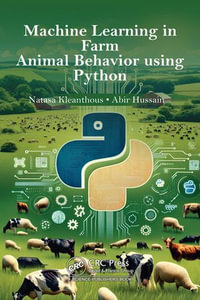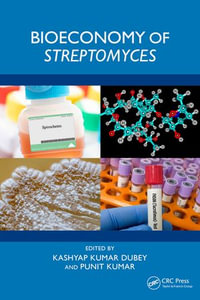
eTEXT
Feedstock-based Bioethanol Fuels. II. Waste Feedstocks
Agricultural, Food, Industrial, Urban, Forestry, and Lignocellulosic Waste-based Bioethanol Fuels
By: Ozcan Konur (Editor)
eText | 22 December 2023 | Edition Number 1
At a Glance
eText
$332.20
or
Instant online reading in your Booktopia eTextbook Library *
Read online on
Desktop
Tablet
Mobile
Not downloadable to your eReader or an app
Why choose an eTextbook?
Instant Access *
Purchase and read your book immediately
Read Aloud
Listen and follow along as Bookshelf reads to you
Study Tools
Built-in study tools like highlights and more
* eTextbooks are not downloadable to your eReader or an app and can be accessed via web browsers only. You must be connected to the internet and have no technical issues with your device or browser that could prevent the eTextbook from operating.
ISBN: 9781000958386
ISBN-10: 1000958388
Published: 22nd December 2023
Format: ePUB
Language: English
Publisher: Taylor & Francis
Edition Number: 1
You Can Find This eBook In
This product is categorised by
- Non-FictionEngineering & TechnologyEnvironmental Science
- Non-FictionEngineering & TechnologyBiochemical EngineeringBiotechnology
- Non-FictionScienceBiology, Life Sciences
- Non-FictionMedicineNursing & Ancillary ServicesBiomedical Engineering
- Non-FictionEngineering & TechnologyIndustrial Chemistry & Manufacturing TechnologiesIndustrial ChemistryChemical Engineering
- Non-FictionSciencePhysicsClassical MathematicsEnergy
- Non-FictionEngineering & TechnologyEnergy Technology & EngineeringAlternative & Renewable Energy Sources & Technology
























